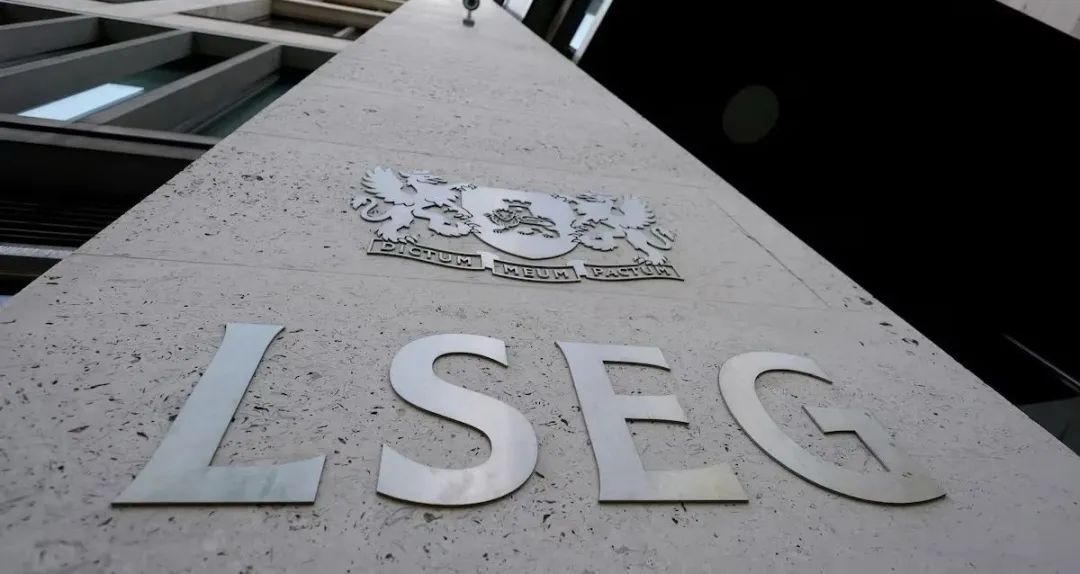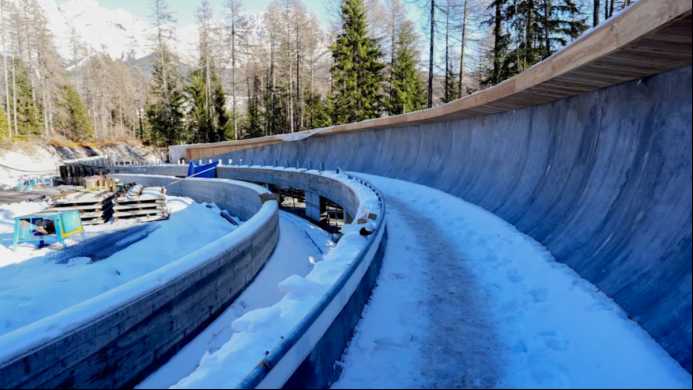Search for information
FTSE 100 Index Records 13 - day Winning Streak, but Macroeconomic Signals are MixedThe FTSE 100 index has witnessed a remarkable 13 - day consecutive gain, reaching a seven - year high. On May 2nd, it edged up 0.02% to 8,229.97. However, individual stocks showed a significant divergence. Rolls - Royce saw a 1.7% increase after confirming that tariff - relief measures would safeguard its annual targets.
May 13, 2025, 2:32 pm EDT

Source: Images from the Internet, if there is any infringement, please contact the removal of

Global Attractions: Diverse Wonders of Nature and Culture
Global Attractions: Diverse Wonders of Nature and Culturemore

"Armored Core: Myth of A" to Debut on Nintendo Switch 2 on September 5, 2025
Marvelous Inc. has announced that the mecha - action game "Armored Core: Myth of A", the latest installment in the "Armored Core" series, is set to launch on the Nintendo Switch 2 on September 5, 2025.more

Details Emerge About Lilo & Stitch Film: Longer Runtime and Anticipated Character Developments
It has been revealed that the live-action Lilo & Stitch film will have a runtime of 1 hour and 48 minutes, which is 23 minutes longer than the original animated version.more

Discover the Best Time to Visit the French Riviera: Embrace the Most Beautiful Blooming Season in So
If you've been dreaming of a magical escape to a place filled with stunning landscapes, rich culture, and unforgettable experiences, then Southern France is the destination you simply can't miss. Join us on a journey with Orange Wind Tours and immerse yourself in the triple romance of the French Riviera.more

Tchia: A Unique Open-World Action-Adventure Game Explained
Tchia: A Unique Open-World Action-Adventure Game Explainedmore

Iconic Global Landmarks: Architectural Wonders and Natural Marvels
Iconic Global Landmarks: Architectural Wonders and Natural Marvelsmore

Polytan Tracks: A Stage of Excellence for Athletics Dreams
Polytan Tracks: A Stage of Excellence for Athletics Dreamsmore


